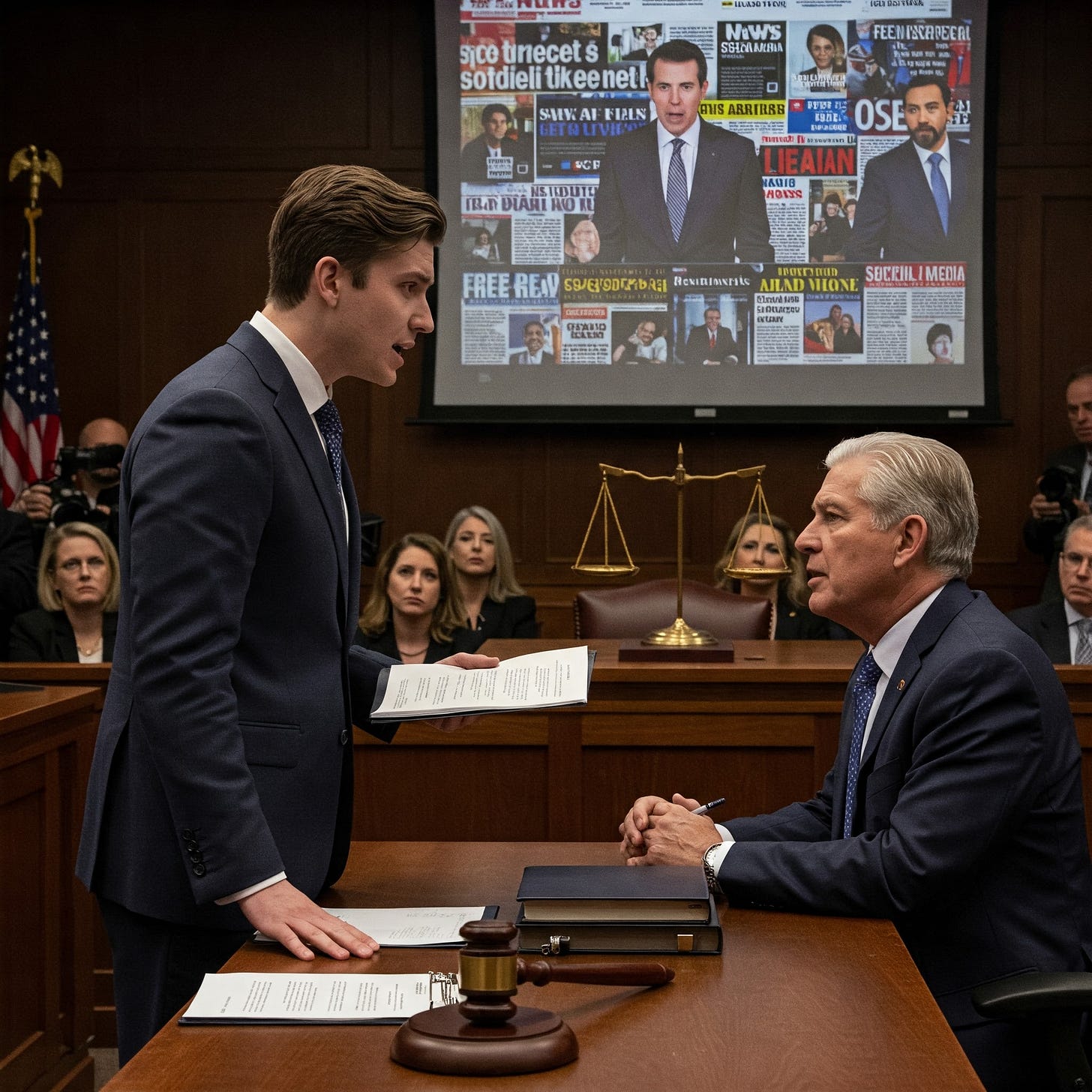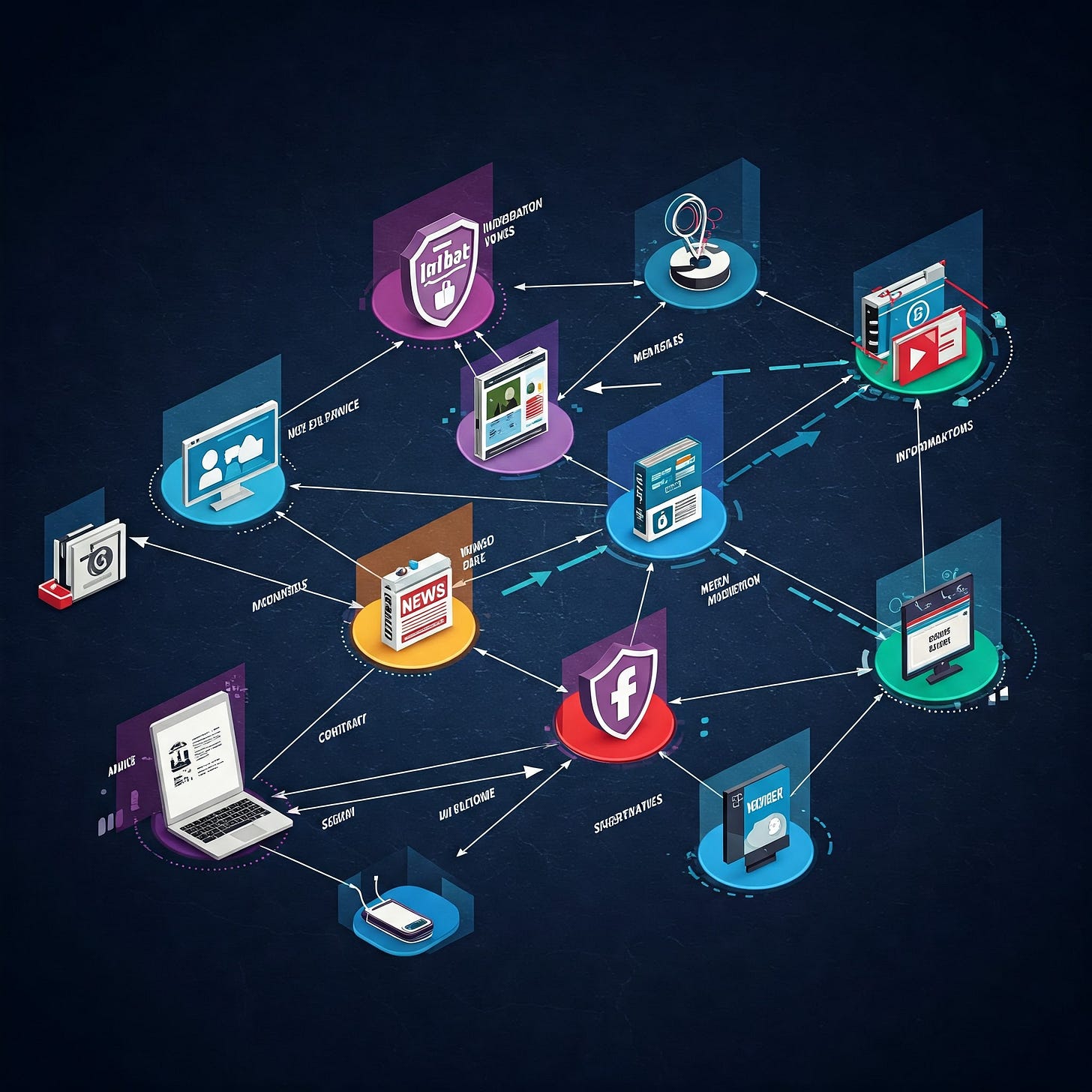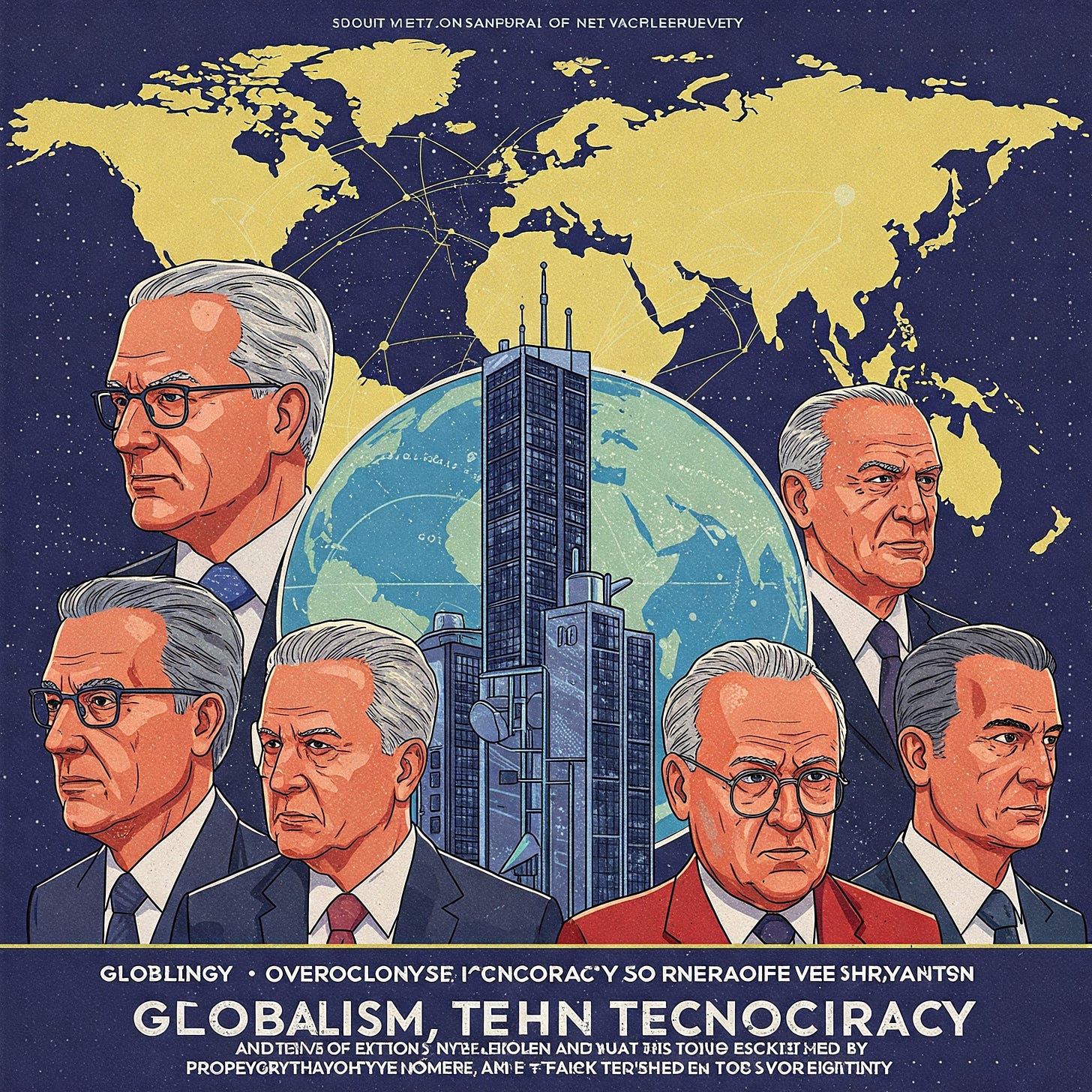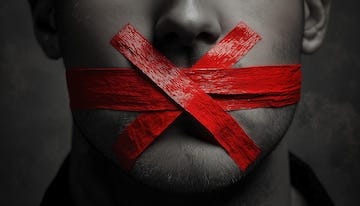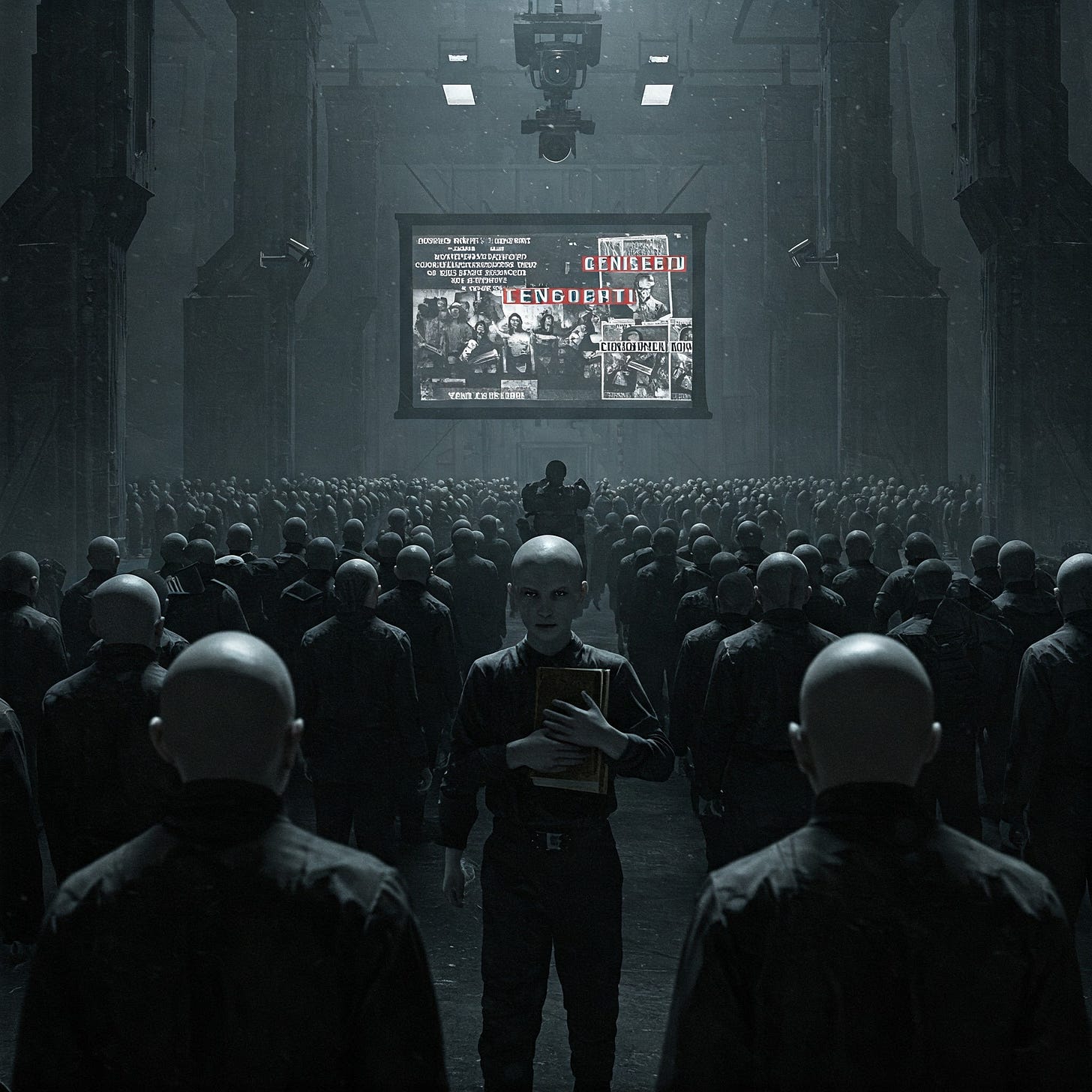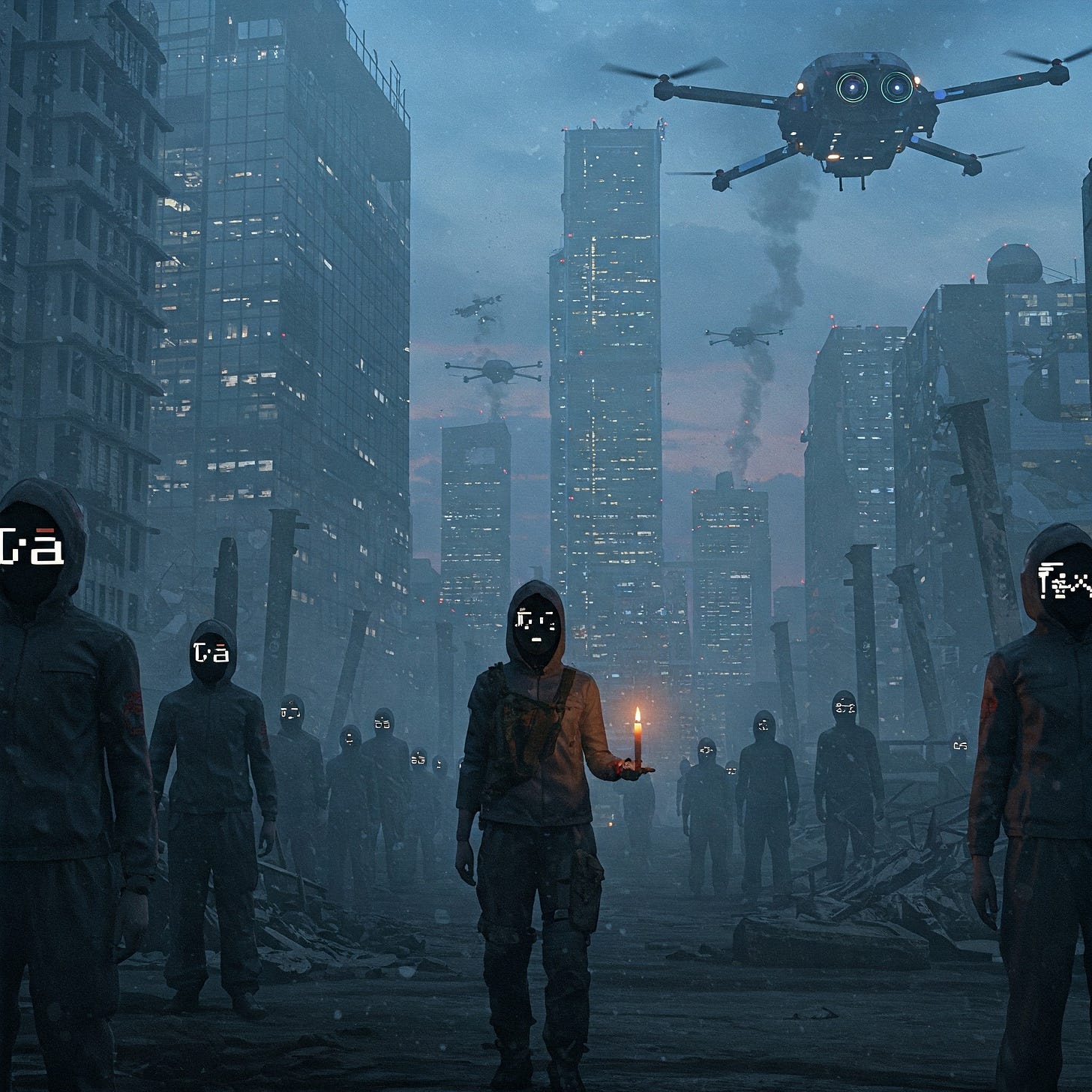Alex Jones, Tucker Carlson, and the Free Speech Debate: An Analysis of Censorship and Globalism
Framing the Discourse on Censorship and Free Speech
Alex Jones, a figure synonymous with controversy, has long been at the center of a heated debate about free speech, censorship, and the role of the media in shaping public discourse. In a recent interview with Tucker Carlson, Jones discussed the intense legal and social pressures he has faced from various government and media institutions. According to Jones, these forces are not simply aimed at silencing him because of misinformation but because his claims challenge powerful narratives—both political and corporate.
This article provides a comprehensive analysis of Jones' perspectives on issues such as government censorship, media manipulation, globalism, and the implications of emerging technologies, as articulated in his conversation with Carlson. Through a detailed evaluation of Jones' arguments, we will explore the contested boundaries of free speech, the ethical dilemmas raised by his claims, and the broader societal implications of the forces he identifies.
Legal Battles and the Contested Boundaries of Free Speech
One of the central claims Alex Jones makes in the interview is that the U.S. government has waged a concerted effort over the last 12 years to destroy his credibility and silence him. Jones argues that this is not a matter of being "crazy or dishonest," but rather that he is being targeted because his voice presents a challenge to established power structures. His legal battles, especially those stemming from his comments about the Sandy Hook shooting, have led to significant financial and reputational repercussions.
Jones contends that these legal actions are not legitimate attempts to hold him accountable but are instead part of a broader campaign to suppress dissenting voices that threaten the prevailing narrative. He describes the lawsuits and media backlash as a means to intimidate and financially cripple individuals who speak out against the government and the media.
"The US government has spent the last 12 years trying to censor and destroy me... and it’s not because I’m crazy and dishonest, it’s because I’m telling the truth."
The Contested Boundaries of Free Speech and Accountability
While Jones positions these legal actions as censorship, a critical analysis reveals a more complex tension between free speech and accountability. Legal actions targeting Jones—such as the Sandy Hook defamation lawsuits—raise difficult questions about the limits of free expression. On one hand, the First Amendment protects speech, even when it is controversial or unpopular; on the other hand, there is the potential harm caused by false information, particularly when it leads to real-world consequences, such as harassment of victims' families.
The key challenge lies in determining where the line should be drawn between safeguarding free speech and preventing the spread of harmful misinformation. While Jones argues that his legal struggles are politically motivated, others may view these efforts as a necessary measure to protect public safety and prevent the erosion of trust in institutions.
Media Platforms and the Regulation of Information Flow
The role of media platforms in regulating information is another significant issue raised during the interview. Jones discusses how social media giants like YouTube have actively suppressed his content, a move he attributes to a coordinated effort by powerful institutions to control the narrative. He highlights the selective enforcement of censorship policies, which, he argues, disproportionately target voices that challenge the status quo while allowing others to propagate misleading or harmful information without consequence.
"YouTube is suppressing this show... with everything that’s going on in the world right now, all the change taking place in our economy, politics, and wars, Google has decided you should have less information rather than more."
Jones' frustrations with YouTube and similar platforms underscore a growing concern about the concentration of power in the hands of a few tech companies. These platforms, he argues, are not neutral players in the information landscape; they actively shape the discourse by determining which voices are amplified and which are silenced.
The Ethics of Content Moderation and Media Power
The practice of content moderation on digital platforms raises ethical dilemmas about the balance between preventing harm and protecting free expression. While Jones and his supporters view these actions as an overreach by corporations with undue political influence, the counterargument is that platforms have a responsibility to mitigate the spread of harmful content, including disinformation and hate speech.
However, the lack of transparency in how content moderation decisions are made raises concerns about censorship and the subjective nature of these decisions. It’s also worth considering whether the increasing reliance on large corporations to arbitrate public discourse undermines democratic processes, as these companies operate based on profit motives rather than public accountability.
Globalism, Technocracy, and the Erosion of National Sovereignty
Jones’ criticism extends beyond domestic issues to global politics. He argues that globalism, particularly in the form of technocracy, represents a profound threat to national sovereignty. According to Jones, elites are working to consolidate power on a global scale, using technological advancements in fields like artificial intelligence and biotechnology to impose centralized control over societies. He expresses concern that these developments will lead to a future in which a select few, not the people, hold the power to dictate societal direction.
"There’s these gods on Mount Olympus... they play God like Ray Kurzweil said 'I don’t believe in God, yet I’m going to become one.'”
For Jones, this technological dominance will result in a loss of individual freedoms, as humanity becomes enslaved by a small group of elites who control advanced technologies.
Technological Control and Ethical Concerns
Jones’ warnings about technocracy and globalism tap into broader concerns about the ethical implications of unchecked technological power. While some argue that global cooperation and the regulation of technologies are necessary to address challenges like climate change and pandemics, Jones frames these developments as a form of control that undermines personal autonomy.
Ethical frameworks like utilitarianism or deontology could be used to examine the potential harms of technocratic rule. From a utilitarian perspective, the widespread adoption of AI and biotechnology might be justified if it leads to greater social good, such as improved healthcare or environmental sustainability. However, from a deontological viewpoint, the concentration of power in the hands of a few elites could violate fundamental rights, such as privacy and personal freedom.
The question remains: how can we ensure that technology is used to benefit society without exacerbating inequalities or infringing on individual rights?
Trump's Economic Plan Under Fire: Casey & Smith's Deep Dive on Tariffs, China, and the Case for Gold.
Matt Smith questioning the rationale behind Trump's tariffs, particularly the invocation of national security. He sarcastically notes measures like steel tariffs, stating, “They are calling it a national security emergency... It’s not economic fascism when you do it under national security.” Doug Casey immediately echoes this skepticism, asserting bluntly, “It’s insane to call steel imports a national security threat. It’s completely dishonest.”
The Chilling Effect: Censorship and the Suppression of Dissent
Throughout the interview, Jones underscores the chilling effect that government and corporate censorship have on free speech. He argues that the suppression of his voice sends a broader message to others: challenge the establishment at your peril. The fear of legal retribution, financial ruin, and social ostracism creates an environment where individuals are less likely to speak out against powerful institutions.
"They’ve been more transparent, I mean, it’s illegal in my view to have the Justice Department fund these lawsuits... It’s illegal for Obama to list me as a national security terrorist."
The Chilling Effects of Censorship on Public Discourse
The chilling effect of censorship extends beyond the individuals directly targeted by legal or media institutions. It can influence public discourse by silencing dissent and discouraging open debate. In this environment, individuals and organizations may self-censor to avoid the risks associated with speaking out, leading to a narrowing of acceptable viewpoints.
This raises an important question about the role of government and private companies in regulating speech. While protecting public safety and preventing harm is critical, we must also consider whether overzealous censorship risks stifling creativity, debate, and critical thinking.
Globalist Policies and Their Real-World Implications
Jones also discusses the real-world consequences of globalist policies. He suggests that global elites are orchestrating the collapse of national borders and sovereignty in favor of a centralized world government. This, he argues, will ultimately result in the loss of individual freedoms and democratic governance, as a small group of powerful elites gain more control over global systems.
"We’ve got to target the policies and ideas of globalists and dismantle the policies... stop nuclear war."
Global Governance vs. National Sovereignty
The debate over globalism and nationalism has become more pronounced in recent years. Proponents of global governance argue that international cooperation is necessary to address issues that transcend national borders, such as climate change, global pandemics, and the regulation of emerging technologies. However, critics, including Jones, see globalism as a threat to national sovereignty and individual freedoms, fearing that it will lead to centralized control by unelected elites.
Ultimately, the challenge is finding a balance between international cooperation and the protection of national sovereignty, ensuring that the interests of ordinary citizens are not sacrificed in the pursuit of global governance.
Ethical Implications of Technological Control and Future Solutions
The discussion around globalism transitions into broader concerns about technological control. Jones warns that powerful technological forces, if left unchecked, could lead to a dystopian future where elites control all aspects of life through artificial intelligence, genetic engineering, and surveillance. While the potential benefits of these technologies are undeniable, Jones' warnings highlight the need for ethical considerations.
Ethical Frameworks for Technological Oversight
The rise of AI and biotechnology presents significant ethical challenges. Ethical frameworks such as utilitarianism and virtue ethics can offer insights into how we might balance innovation with protection of individual rights. For example, ensuring equitable access to technology and protecting privacy rights could mitigate some of the risks of technological control.
Additionally, creating robust regulatory frameworks and establishing ethical guidelines for the development and deployment of these technologies are necessary steps to avoid the dystopian scenarios Jones warns about. Public oversight, transparency, and accountability will be crucial in ensuring that technological advancements are used for the benefit of society rather than the consolidation of power.
Conclusion: The Struggle for Free Will and the Future of Democracy
"Alex Jones’ interview with Tucker Carlson, despite its controversial nature, forces us to confront the core tensions of our digital age: how to balance free expression with accountability, how to regulate powerful media platforms, and how to safeguard democratic values against the encroachment of unchecked technological control. These are not theoretical debates. The spread of disinformation, the rise of algorithmic bias, and the increasing influence of global tech corporations directly impact our ability to make informed decisions and participate in democratic processes.
To navigate this complex landscape, we must move beyond passive observation. We must demand transparency from media platforms, advocate for robust data privacy laws, and actively engage in critical media literacy. The future of democracy hinges on our ability to assert our agency, to challenge the status quo, and to ensure that technology serves humanity, rather than the other way around. The struggle for free will is not a distant battle; it is a present imperative, and our collective actions today will define the contours of our freedom tomorrow."






